Philosophy and Public Policy
Published by Rowman & Littlefield International Ltd
Unit A, Whitacre Mews, 2634 Stannary Street, London SE11 4AB
www.rowmaninternational.com
Rowman & Littlefield International Ltd. is an affiliate of Rowman & Littlefield
4501 Forbes Boulevard, Suite 200, Lanham, Maryland 20706, USA
With additional offices in Boulder, New York, Toronto (Canada), and Plymouth (UK)
www.rowman.com
Selection and editorial matter Andrew I. Cohen, 2018
Copyright in individual chapters is held by the respective chapter authors.
All rights reserved. No part of this book may be reproduced in any form or by any electronic or mechanical means, including information storage and retrieval systems, without written permission from the publisher, except by a reviewer who may quote passages in a review.
British Library Cataloguing in Publication Information Available
Library of Congress Cataloging-in-Publication Data Is Available
ISBN 978-1-78660-523-8 (hardcover)
ISBN 978-1-78660-524-5 (paperback)
ISBN 978-1-78660-525-2 (electronic)
 The paper used in this publication meets the minimum requirements of American National Standard for Information SciencesPermanence of Paper for Printed Library Materials, ANSI/NISO Z39.481992.
The paper used in this publication meets the minimum requirements of American National Standard for Information SciencesPermanence of Paper for Printed Library Materials, ANSI/NISO Z39.481992.
Printed in the United States of America
Acknowledgments
I am grateful to the Editors at Rowman and Littlefield International, Sarah Campbell and Rebecca Anastasi, for their advice, support, and patient guidance. I thank Brindha Thirumoorthy for crucial help in the final stages. My thanks as well to Matthew Kelley and Linh Hoai Mac for their valuable editorial assistance. I also thank Jackson Kushner for his superb help with preparing the index.
Introduction
Andrew I. Cohen
Public policy debates often turn on how to get things done once we know our policy objectives. How should we make appropriate progress when people disagree about what those objectives might be? This anthology brings together noted scholars to address enduring policy disputes. Their original essays show the power of philosophy for helping people understand and make progress on public policy controversies. The chapters use the tools and concepts of philosophy to illuminate what is at stake in enduring and recent policy debates.
The contributions are grouped according to three general themes in contemporary policy: issues in legal policy, public goods, and public/private identities. Each chapter, however, is a stand-alone piece of original philosophy and policy research. Each chapter draws on the resources of ethical theory, social philosophy, and political theory. Scholars, policymakers, and students will find much of interest in the contributors clear and original contributions to policy debates. Each author shows how philosophy carefully identifies crucial boundaries policies must honor. Each author also points a way forward despite a background of enduring public disagreement.
Philosophy is not merely a tool for thinking carefully about meaning and justification, though it surely does that. It can expand our moral imagination and alert us to barriers that are not so much constraints but opportunities for honoring our deepest values. Philosophy can also inspire greater appreciation of the merits of alternative policy paths.
The first section includes four chapters that consider current controversies in legal policy. These chapters each consider whether principles connected to the rule of law permit certain common applications of legal authority or their selective exemption. We commonly regard equality before the law as a key policy goal. Is a commitment to such equality compatible with certain common policies in criminal law? The chapters in this section consider how philosophy illuminates sentencing methodology, the merits of prostitution regulations, how if at all states may surveil people, and whether there is room to exempt some people from laws because of their religious convictions.
In chapter 1, Moral Reasoning and the Death Penalty, Claire Finkelstein considers what considerations should bear on reasoning about criminal penalties. She takes death penalty cases as a springboard for reflection. After contentious court battles in the United States, U.S. capital punishment jurisprudence settled in the late 1970s on an uneasy truce between state statutes that allow juries to exercise their discretion in judging the validity of a death sentence based on individually mitigating factors, and those that seek to guide a jurys discretion by mandating consideration of statutorily enumerated factors. The formula that finally passed constitutional muster balances individual mitigation with statutorily mandated aggravating factors in what are called guided discretion statutes. After nearly forty years of living with this jurisprudential scheme, however, Finkelstein notes there is still no clear theory validating the form of legal and moral reasoning the constitutional precedent requires, and the framework therefore remains precarious. Her chapter addresses death penalty jurisprudence from the standpoint of moral reasoning. She explores the asymmetry between the different approaches to aggravating versus mitigating factors. Finkelstein argues that there are deep reasons of moral psychology for treating aggravating factors differently from mitigating factors. In this sense, the U.S. Supreme Court has identified an important aspect of our thinking about individual justice and how our theories of justice interact with our intuitions regarding justice across persons. Finkelstein does not defend any position on the constitutional merits of the death penalty. On the contrary, she argues that despite the intrinsic interest of the approach to inculpating and exculpating factors the death penalty cases reflect, the reasoning is misapplied, and is unable to address the problems it was meant to solve. She concludes that the weighing of aggravating and mitigating factors the Supreme Court has endorsed will not adequately solve the problems with the death penalty, and for this reason, we cannot justify its imposition within our current constitutional framework. While she focuses her discussion on death penalty contexts, her argument has broader implications for any criminal justice system that seeks to administer criminal penalties in a way that reflects the will of the community. More importantly, her chapter has significant implications for our thinking about moral reasoning in matters of individual desert.
In chapter 2, Philosophy, Prostitution, and Policy, Robert K. Fullinwider begins by observing that philosophers have not written as extensively about prostitution as they have about torture, war, abortion, and a host of other public concerns. As he notes, there are nevertheless many features of contemporary debates about prostitution that cry out for some careful conceptual analysis. Fullinwider worries that essays, studies, and reports on sex work abound with opaque or overly simple contentions about free choice and agency. Arguments about prostitution, he notes, sometimes proceed from questionable notions of epistemological authority. Fullinwider draws on recent policy debates about prostitution to illuminate issues such as objectification, paternalism, and radical feminist perspectives. He joins many thinkers he criticizes by acknowledging that sound policy rests on empirical grounds as well as moral principles. Fullinwider focuses on abolitionism, namely, a family of policies hoping to reduce and eventually abolish prostitution. He unpacks the commitments of abolitionist arguments and explores an underlying but undefended moral assessment of sex that he argues drives a main abolitionist program. He concludes by exploring a favorite legal scheme for abolitionism proponents: the Swedish sex purchase ban. He argues that the Swedish ban does not advance the many feminist goals claimed for it.

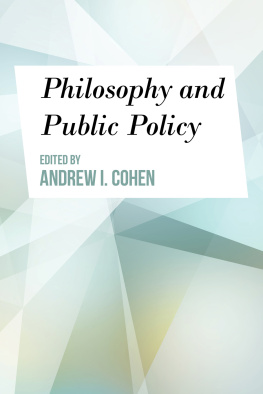
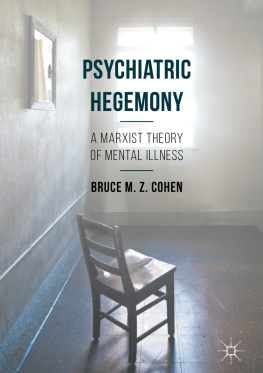

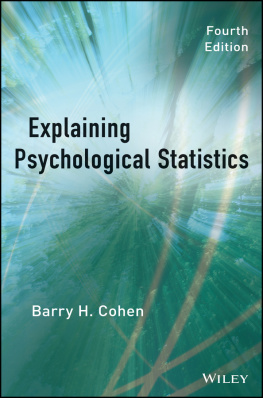

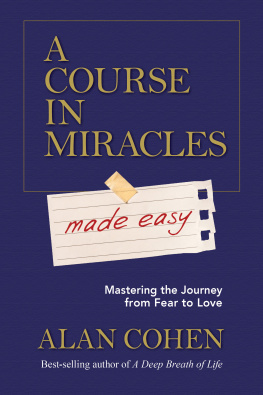




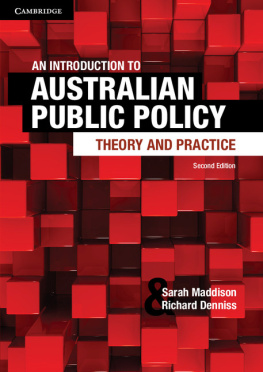



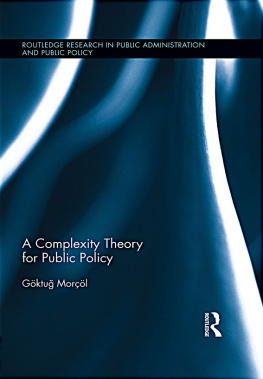
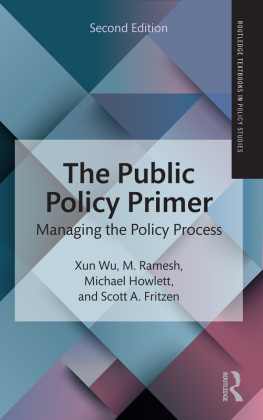


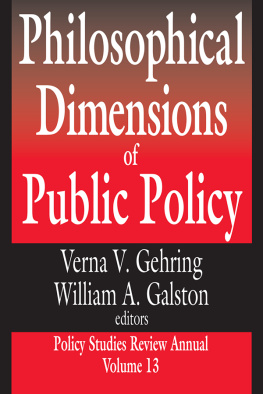

 The paper used in this publication meets the minimum requirements of American National Standard for Information SciencesPermanence of Paper for Printed Library Materials, ANSI/NISO Z39.481992.
The paper used in this publication meets the minimum requirements of American National Standard for Information SciencesPermanence of Paper for Printed Library Materials, ANSI/NISO Z39.481992.